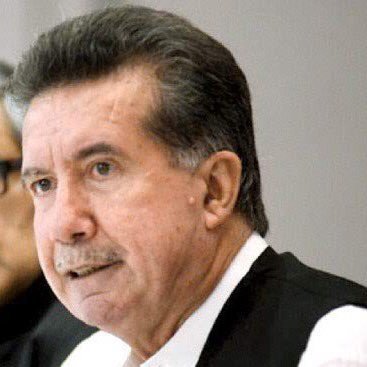
For the second time in Pakistan’s seven decades, the National Assembly and all Provincial Assemblies have completed their five-year term even though as with the PPP government this time too a sitting democratically elected Prime Minister was removed by the Supreme Court.
While there are concerns about what lies ahead and what role the Pakistani establishment will play, according to former Senator Afrasiab Khattak there are four new factors that may “turn the tables” on any attempts at “political engineering.”
First, “Nawaz Sharif, the three time elected Prime Minister, with a large scale following in the country, particularly in the key province of Punjab, has decided to challenge the political role of the deep state. Spending long years in politics, both in the government and in the opposition, he is the most experienced politician in the country. Now when his party is not any more part of the system, he can speak more openly about and give details of the creeping coup against his elected government. Moreover, the deep state can’t cross certain limits against its opponents in the Punjab because most of the army also comes from the same province.”
Second, “contradiction between the deep state and the elected representatives in the government is an open secret by now and the common people know as to who calls the shots in making important decisions. As we know the popular movement recently launched by PTM didn’t raise a single slogan against the PML (N) because they knew that the state policy which hurt the Pashtuns wasn’t shaped by the ruling party. Nawaz Sharif has successfully projected his victimhood at the hands of the forces of dictatorship among the masses. Business classes in general and Punjabi bourgeoisie in particular has come to believe that the deep state has thrown Nawaz Sharif out because he was taking the country from the geo strategic of the Cold War to the geo economic of the 21st century. Hence their sympathies for him. Broad sections of society are prepared to forget Nawaz Sharif’s past mistakes and judge him on what he stands for today.”
Third, “the growing international isolation of the country on the question of extremist violence is a source of concern for most of Pakistanis and they know that Nawaz Sharif, like most of other political leaders is opposed to appeasement of extremism and terrorism.”
And finally, “the growing role of social media has changed the rules of engagement when it comes to control over media and public opinion. Welcome to election 2018 (that’s if they are held!).”
![]()





